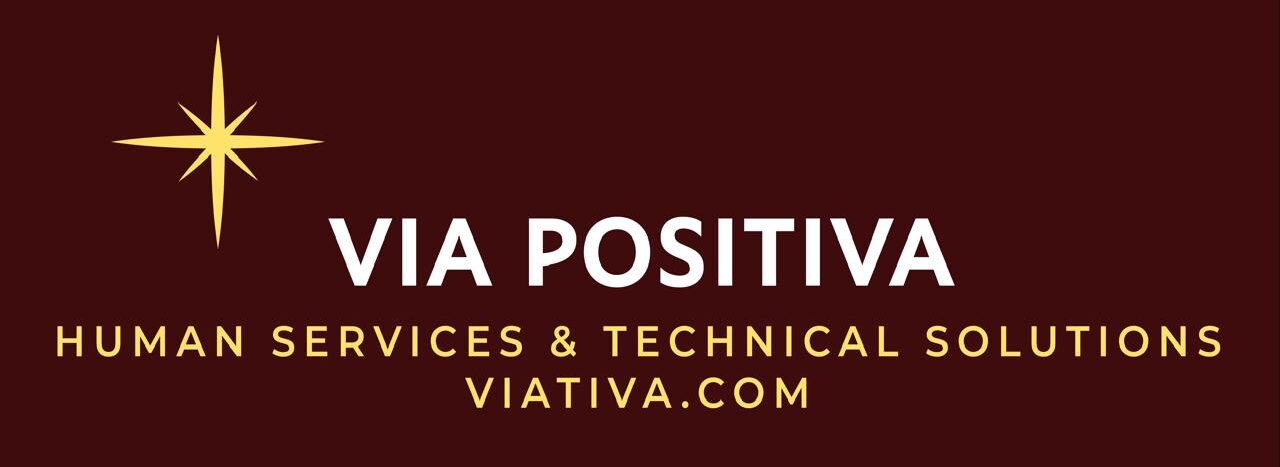
Webinar Overview
Learning Objectives
Expected Audience

Diversity, Equity, And Inclusion
About the Presenter
Jim Clarkson
MA, LADAC
The National Opioid Epidemic and Addressing the Problem of Pain in the Workplace: Examination of Research and Best Practices for Employees, Corporations and Families for Treatment and Recovery of Opioid Use Disorders (OUD)
Jim Clarkson serves as Senior Adviser and is on the National Advisory Board at BayMark Health Services, the largest MAT provider in North America and is a respected thought leader and national trainer in the business of behavioral health. He has led MAT programs through the merger and acquisition process while focusing on trauma informed principles as recovery and business practices. He is President of Via Positiva—a national consulting and training company and Transformativa a company that helps organizations with financial recovery and sustainability, with locations in Houston, Boston and Angel Fire, New Mexico. Via Positiva serves the nation’s largest behavioral health provider systems and insurers. He previously served as Vice President with ValueOptions, Inc.–the nation’s largest private behavioral health and wellness managed care organization. Jim has provided consultation and training nationally and internationally including for the U.S. Department of Health and Human Services, the Substance Abuse and Mental Health Services Administration, the Health Resources and Services Administration, the Network for the Improvement of Addiction Treatment, the National Association for Addiction Professionals, the Association for Behavioral Health, and Wellness as well as many other state and federal agencies. He has presented national seminars and at many conferences on “How Funding Works”; “Identifying, Accessing and Sustaining Funding in Behavioral Healthcare”; “The Nuts and Bolts of Working with Managed Care”; “Payment and Quality: Developing a Recovery Oriented Systems of Care”; and “The Trauma Informed Business Executive”. In addition to his role as a managed care executive, Jim has worked and consulted with programs across the country focusing on the connection between spirituality, mental health, addiction recovery, cultural diversity, creativity and the “next generation” in client- centered therapy processes. Jim has served as President of the New Mexico Recovery Professionals Alliance, is a Certified NIATx Change Leader (Network for the Improvement of Addiction Treatment), a Key Supervisor for the Matrix Institute, a Certified Mental Health First Aid Trainer and for 30 years has helped Fortune 500 companies and public healthcare systems create environments for recovery and positive therapeutic outcomes.

